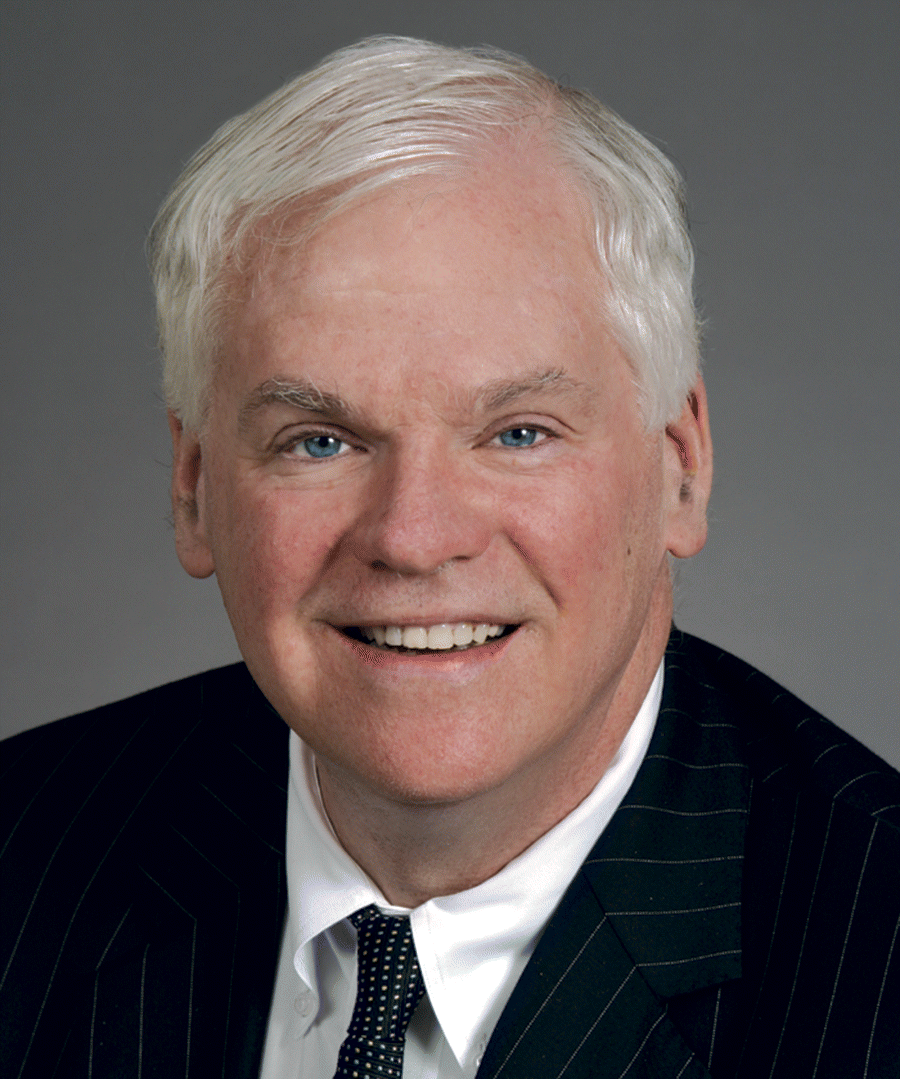When Mel Sabshin, then APA’s Medical Director, wanted to correct his young Director of Education, Jay Scully, he would suggest that the two of them take a walk to Franklin Square, across 14th Street from where APA was headquartered at the time, in Washington, D.C. At first Jay dreaded those walks, and then he came to appreciate that they were intended to teach him what he would soon need to know. The walks in 1992 through 1996 forever shaped Jay’s approach to how to work effectively in organizations, including our American Psychiatric Association, where his tenure ends this month after more than 10 years.
For Jay, it has always been clear that people count and that issues count. He attended to both. If you wanted to see Jay at a meeting, you did not need an appointment. He would be sitting somewhere at a table and you simply pulled up a chair, joined the conversation, raised your issue, learned about others, and then yielded the seat to the next person. Jay would not lecture Boards of Trustees on what they should or should not do. He would tell them in his low tone of voice, leaning back in his chair, “You can do anything you want to do. You have absolute authority over this organization. Just make your decisions wisely and understand their consequence.”
But when an issue was most serious, Jay never hesitated to step in. As a former medical officer in the U.S. Navy submarine corps, he had experienced personally the conduct of people under extreme situations when mortal combat is always possible. In the aftermath of 9/11 he was concerned that psychiatry not be involved in the torture of prisoners to gather information. He insisted on being allowed to inspect the Guantanamo Bay detention center to satisfy himself that no psychiatrist participated in stress interrogations.
As for the American Journal of Psychiatry, he was pleased with the breadth of clinical practice, neuroscience, social science, and economic policy that appears in its pages. But he was concerned when he could not comprehend every one of its articles. He remarked, “I am the Medical Director and I should be able to read each month’s issue, cover to cover, and understand it.” He would dedicate the whole month to reading each article in the issue, walking over to the American Psychiatric Publishing books division to pick up a textbook if he needed more background information to understand the article, and then tell me when I dropped by what he had enjoyed learning.
His wife Mary has always been consummately supportive, even when his work for us interfered with his time with her at their beloved home in South Carolina. She told him that he would be a good pianist if he would only play slower and softer. He is going home to South Carolina now, and I hope, after the din of Board meetings, DSM-5 committees, and Senate inquiries, that his music—and other pursuits—can be just that.
In the end, the protégé met his predecessor’s approval, as Dr. Sabshin wrote in his memoirs (
1), “In selecting future medical directors, the capacity to work in many areas of liaison relationships should be explicit. Dr. Scully is a superb model for how the job should be done.”


